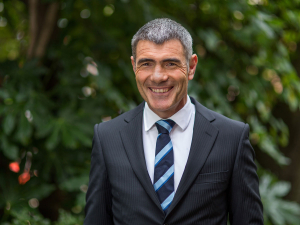OPINION: It never ceases to amaze your old mate how local councils can spend ratepayers’ money at an alarming rate, with little or no accountability.
The latest example of this is the Waipā District Council, in the Waikato, which has taken cost overruns to a new level with the refurbishment of the town clock in Cambridge.
Originally budgeted at $450,000, this project has now blown out to an astounding cost of $721,000!
According to Taxpayers’ Union, “It would take several ratepayer lifetimes, about 225 years, to cover the cost of this towering mistake… and leaves …a fiscal legacy that outlasts the very clock they’re attempting to preserve.”
This massive ‘clock-up’ is not just a blow to the budget but will be a major blow to the trust ratepayers in the Waikato district have in their local council to manage their rates wisely.











